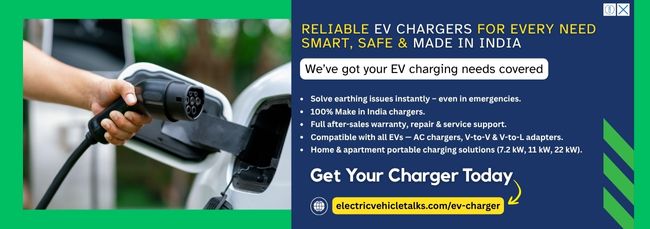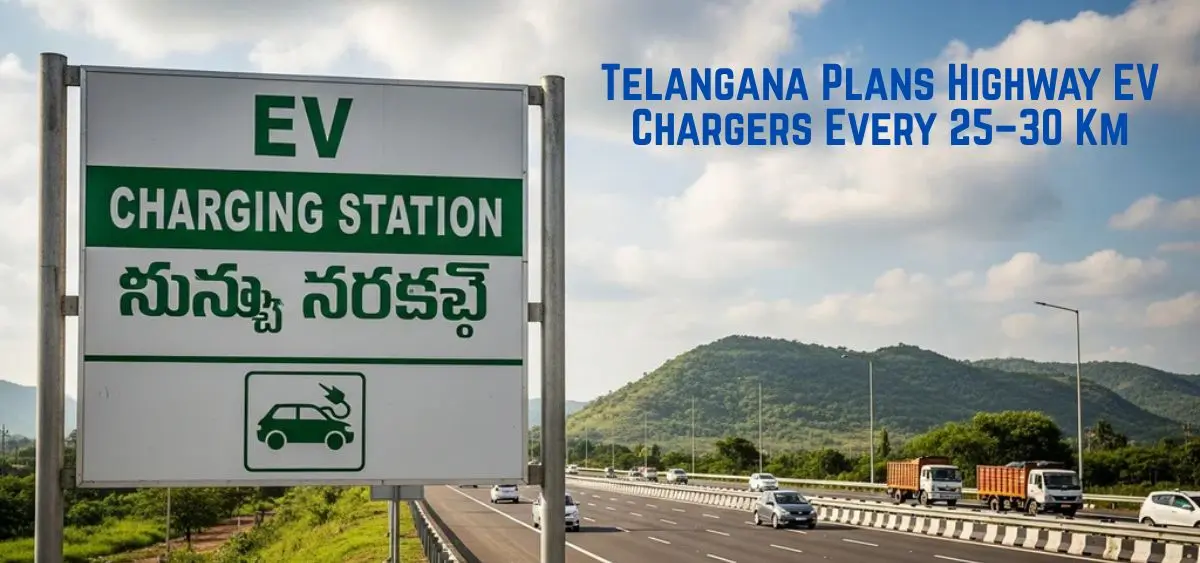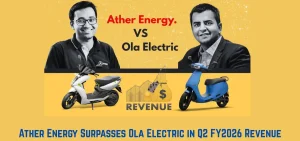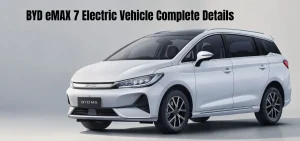Telangana Plans Highway EV Chargers Every 25–30 Km, and this bold move is set to redefine how India travels on electric wheels. Imagine taking long highway journeys without worrying about your EV’s battery running low—Telangana is making that a reality. With TGREDCO leading an extensive charging network expansion across national and state highways, the state is gearing up for a future where clean, uninterrupted travel becomes the norm. This initiative is not just about infrastructure; it’s about transforming user confidence, boosting EV adoption, and positioning Telangana as a front-runner in India’s green mobility revolution.
A Well-Planned Infrastructure Strategy
The rollout will follow a location-first approach, with charging stations strategically placed at high-traffic and easily accessible spots. These include restaurants, food joints, dhabas, fuel stations, government lands, and sites situated near electric substations. Urban expansion is also underway, with potential charging points being identified at government offices, hospitals, bus depots, railway stations, schools, colleges, and large parking zones in Tier-1 and Tier-2 cities.
This planning aligns with national guidelines recommending one charging station every 25 km on highways and a 3×3 km grid in urban areas, ensuring seamless connectivity for EV users.
Current Status & Future Targets
Telangana already has a strong foundation with over 1,030 public EV charging stations, nearly 600 of which are in Hyderabad alone. The rapid adoption of EVs is reflected in the surge in power demand, rising from 2.60 MU in September 2024 to 10.15 MU in September 2025. A significant portion of this usage comes from the Telangana State Road Transport Corporation’s expanding electric bus fleet, which consumed 7.81 MU during this period.
TGREDCO aims to accelerate the infrastructure scale-up even further, targeting 6,000 charging stations by 2030 and 12,000 installations by 2035, making Telangana one of India’s most EV-ready states.
Technology, Cost & Private Participation
Installing a 60 kW DC fast charger currently costs around ₹15 lakh, including chargers, transformers, cables, and civil works. The Central Government’s PM E-Drive scheme offers subsidies, reducing financial load and encouraging wider adoption.
The state has also received over 1,500 applications from private entities eager to set up charging stations under the Public-Private Partnership (PPP) model—showing strong industry interest in the EV ecosystem.

Improving User Experience with a Unified App
To enhance convenience, Telangana is developing a unified mobile application that will allow EV users to locate charging stations, check availability, book slots, and plan routes efficiently with real-time updates.
Related Articles:-





